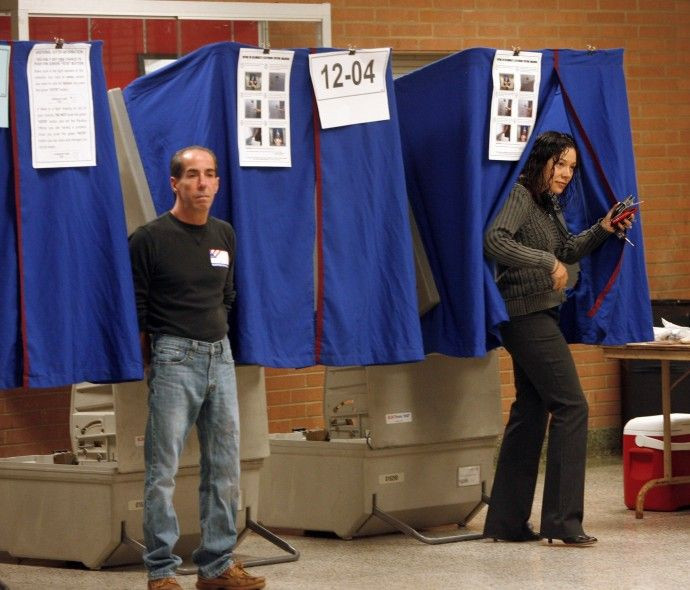Texas Redistricting Challenged by Justice Department for Disenfranchising Minorities

Texas' Republican controlled legislature is violating the Voting Rights Act by drawing new congressional districts that disenfranchise minority voters and ignore the state's booming Latino population, the U.S. Justice Department told a federal court on Monday.
The Texas delegation to the House of Representatives will increase from 32 to 36 next year due largely to the rapid growth of the state's Latino population. But redistricting legislation signed in June by governor Rick Perry does not include any new districts that have a majority of voting-age Latinos, something that the Justice Department charged is unlawful.
The 1965 Voting Rights Act requires Texas and 15 other states to get federal approval for redistricting plans in order to ensure that the newly drawn electoral maps comply with Section 5 of the Voting Rights Act, which bars states from curtailing the voting rights of minorities. Texas chose to circumvent the process and appealed directly to special three-judge court in Washington.
According to the 2010 Census, 37.6% of Texas' population is of Hispanic origin. Nina Perales, litigation director for the Mexican American Legal Defense and Educational Fund, told The Wall Street Journal that nearly two-thirds of the state's recent population growth has come from a surge in Latinos and that two or three of the four new seats should therefore be in majority Latino districts.
Former House Majority Leader and Texas congressman Tom DeLay was notorious for guiding redistricting that critics said was purely partisan and aimed at ensuring the election of Republican lawmakers. Texas' 2003 redrawing of voting lines, a process that DeLay oversaw, was overturned in 2006 when the U.S. Supreme Court determined that the new map violated the Voting Rights Act.
© Copyright IBTimes 2024. All rights reserved.




















